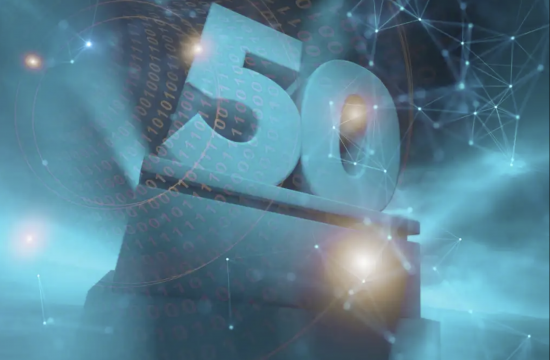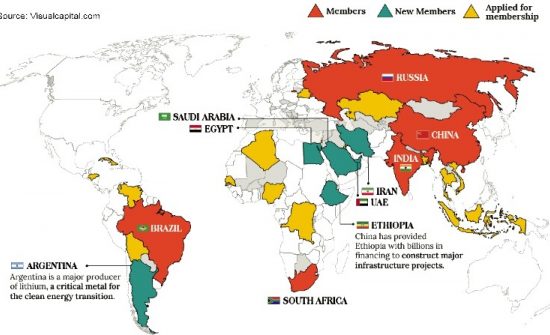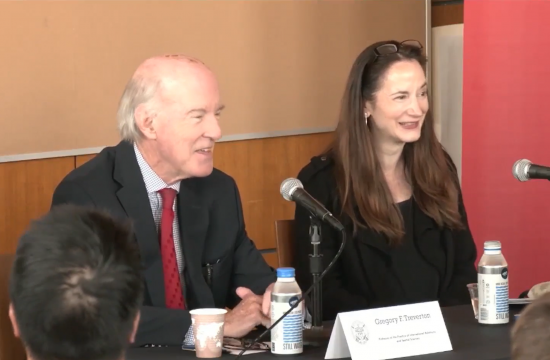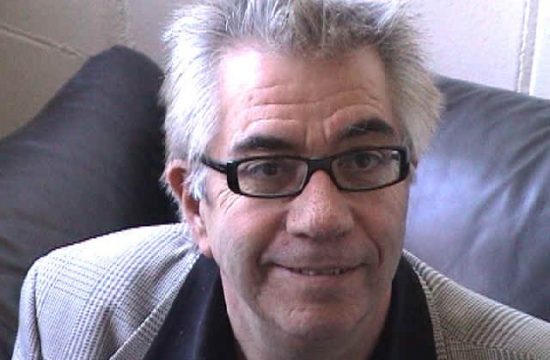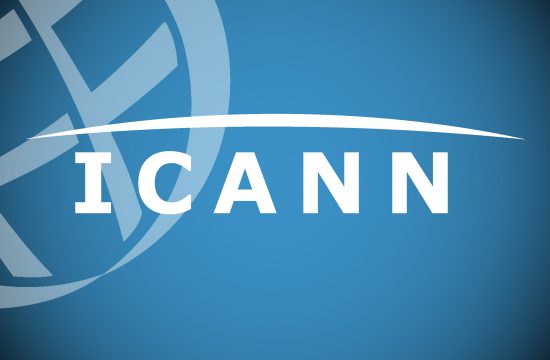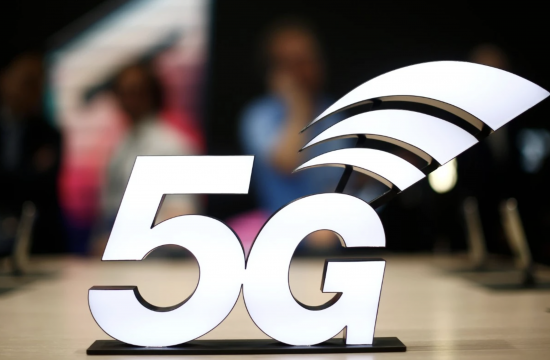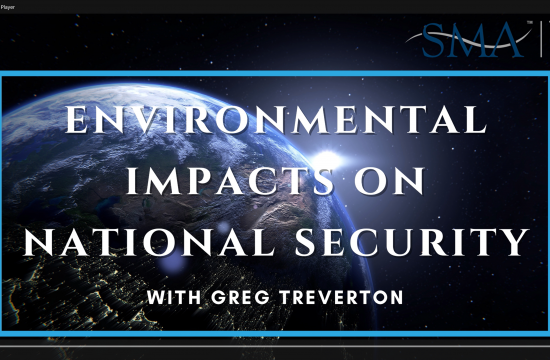Thinking about the future is vital but hard. Crises keep intruding, making it all but impossible to look beyond daily headlines to what lies over the horizon. In those circumstances, thinking “outside the box,” to use the cliché, too often loses out to keeping up with the inbox. That is why every four years the National Intelligence Council (NIC) undertakes a major assessment of the forces and choices shaping the world before us over the next two decades.
This version, the sixth in the series, is titled, “Global Trends: The Paradox of Progress,” and we are proud of it. It may look like a report, but it is really an invitation, an invitation to discuss, debate and inquire further about how the future could unfold. Certainly, we do not pretend to have the definitive “answer.”
Long-term thinking is critical to framing strategy. The Global Trends series pushes us to reexamine key assumptions, expectations, and uncertainties about the future. In a very messy and interconnected world, a longer perspective requires us to ask hard questions about which issues and choices will be most consequential in the decades ahead–even if they don’t necessarily generate the biggest headlines. A longer view also is essential because issues like terrorism, cyberattacks, biotechnology, and climate change invoke high stakes and will require sustained collaboration to address.
Peering into the future can be scary and surely is humbling. Events unfold in complex ways for which our brains are not naturally wired. Economic, political, social, technological, and cultural forces collide in dizzying ways, so we can be led to confuse recent, dramatic events with the more important ones. It is tempting, and usually fair, to assume people act “rationally,” but leaders, groups, mobs, and masses can behave very differently—and unexpectedly—under similar circumstances. For instance, we had known for decades how brittle most regimes in the Middle East were, yet some erupted in the Arab Spring in 2011 and others did not. Experience teaches us how much history unfolds through cycles and shifts, and still human nature commonly expects tomorrow to be pretty much like today—which is usually the safest bet on the future until it is not. I always remind myself that between Mr. Reagan’s “evil empire” speech and the demise of that empire, the Soviet Union, was only a scant decade, a relatively short time even in a human life.
Grasping the future is also complicated by the assumptions we carry around in our heads, often without quite knowing we do. I have been struck recently by the “prosperity presumption” that runs deep in most Americans but is often hardly recognized. We assume that with prosperity come all good things—people are happier, more democratic and less likely to go to war with one another. Yet, then we confront a group like ISIL, which shares none of the presumption. Read More


